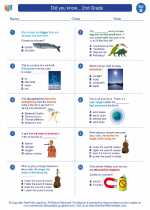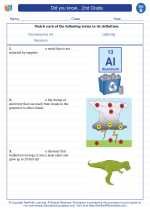Circulation
Circulation refers to the movement of blood through the body, facilitated by the heart, blood vessels, and blood. The circulatory system is crucial for transporting oxygen, nutrients, hormones, and waste products throughout the body, as well as regulating body temperature and pH levels.
Components of the Circulatory System
The circulatory system comprises the following components:
- Heart: This muscular organ pumps blood throughout the body.
- Blood Vessels: Arteries, veins, and capillaries form a network for blood flow.
- Blood: This fluid contains red and white blood cells, platelets, and plasma.
Types of Circulation
There are two main types of circulation:
- Pulmonary Circulation: This involves the flow of blood between the heart and the lungs, where oxygen is obtained and carbon dioxide is released.
- Systemic Circulation: This encompasses the movement of oxygenated blood from the heart to the rest of the body, delivering oxygen and nutrients and removing waste products.
Functions of the Circulatory System
The circulatory system serves several essential functions, including:
- Transporting oxygen and nutrients to cells
- Removing carbon dioxide and waste products
- Regulating body temperature
- Supporting the immune system through the circulation of white blood cells
- Transporting hormones and other signaling molecules
Study Guide Questions
- What is the main function of the circulatory system?
- Describe the components of the circulatory system.
- How does pulmonary circulation differ from systemic circulation?
- What role does the heart play in the circulatory system?
- Explain how the circulatory system supports the immune system.
◂Science Worksheets and Study Guides Second Grade. Did you know... 2nd Grade
Study Guide Did you know... 2nd Grade
Did you know... 2nd Grade  Worksheet/Answer key
Worksheet/Answer key Did you know... 2nd Grade
Did you know... 2nd Grade  Worksheet/Answer key
Worksheet/Answer key Did you know... 2nd Grade
Did you know... 2nd Grade  Worksheet/Answer key
Worksheet/Answer key Did you know... 2nd Grade
Did you know... 2nd Grade  Vocabulary/Answer key
Vocabulary/Answer key Did you know... 2nd Grade
Did you know... 2nd Grade 

 Worksheet/Answer key
Worksheet/Answer key
 Worksheet/Answer key
Worksheet/Answer key
 Worksheet/Answer key
Worksheet/Answer key
 Vocabulary/Answer key
Vocabulary/Answer key

The resources above cover the following skills:
Earth Systems Science
Weather and the changing seasons impact the environment and organisms such as humans, plants, and other animals. Students can:
Analyze ways in which severe weather contributes to catastrophic events such as floods and forest fires